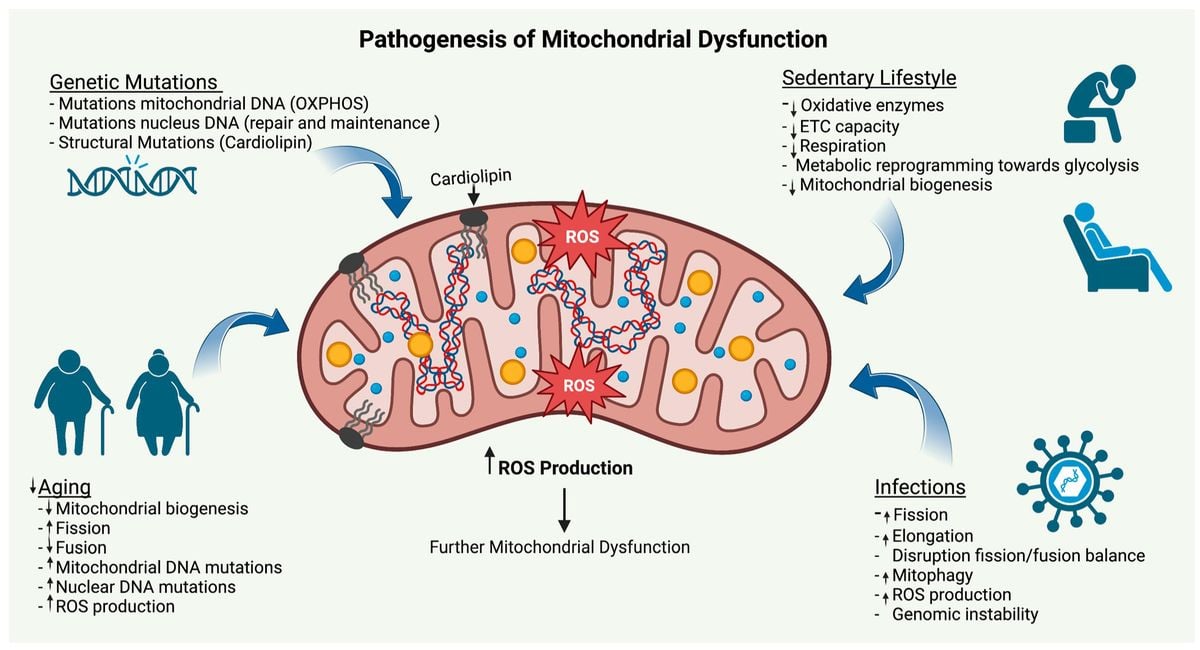A study has identified the splicing variant AIF3 of the apoptosis-inducing factor (AIF) as detrimental to mitochondrial function and brain development. Traditionally known for its pro-apoptotic role, AIF3 disrupts mitochondrial complexes, membrane potential, and respiration, leading to brain development defects. Postmortem analyses of pediatric patients revealed AIF3 variants causing mitochondrial dysfunction and oxidative stress. Research in mouse models showed that restoring NADH dehydrogenase NDI1 partially mitigates AIF3’s harmful effects. These findings highlight AIF’s critical role in energy production and suggest further exploration of AIF variants may lead to new therapies for mitochondrial disorders.

